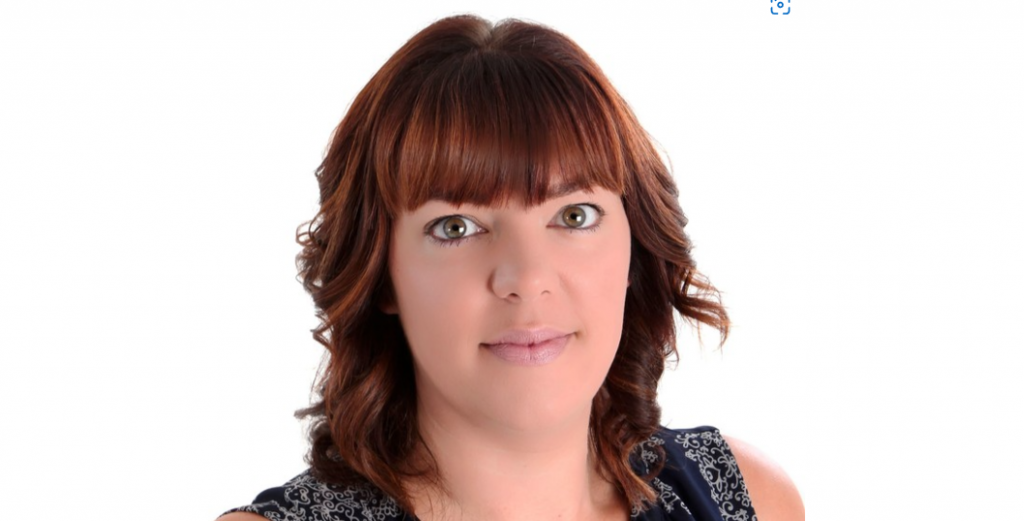Krystle Skelton, customer relations adviser at Cura Financial, speaks to Health & Protection about being a champion for the LGBTQ+ community and important wins like insurance products evolving to remove gender pricing and insurers no longer asking about relationship status.
What have been your own experiences with regard to attitudes towards LGBT communities in the sector?
Not being a member of the LGBTQ+ community myself, I cannot comment from a personal point of view on this, however, as a protection adviser who specialises in arranging protection in this area and being a champion and friend for the community I can provide an insight in terms of the market and the improvements over the years. Terms and attitudes have certainly improved since I started working in this area of protection in 2011 making insurance much more accessible.
How have attitudes evolved in the sector?
More companies that now have diversity and inclusion champions to improve culture. Emerald Life have made huge changes and support the community for general insurance with tailored contracts for general insurance.
What is the sector doing well and where does it need to up its game?
Somewhere between 10-15 years ago, insurers were asking about relationship status and if you were in a same sex relationship this would be used against members when offering protection – this is gladly no longer the case. If someone has transitioned then in the past insurers would ask for a gender recognition certificate and this is no longer required.
The industry no longer has gender pricing, but still asks about gender in an application. There are currently no protection insurance companies that have an option for non-binary members – the insurers advise this is due to providing specific questions based on gender but there is an insurer who asks the same questions for everyone and bases underwriting on this.
Do you feel encouraged and enabled to bring your whole self to work?
As I have mentioned I am not a member of the community myself, nor are any of my co workers, but if I were then I would absolutely feel comfortable disclosing this to my colleagues and managers as we have a very inclusive and diverse mindset with wonderful support from our employers.
